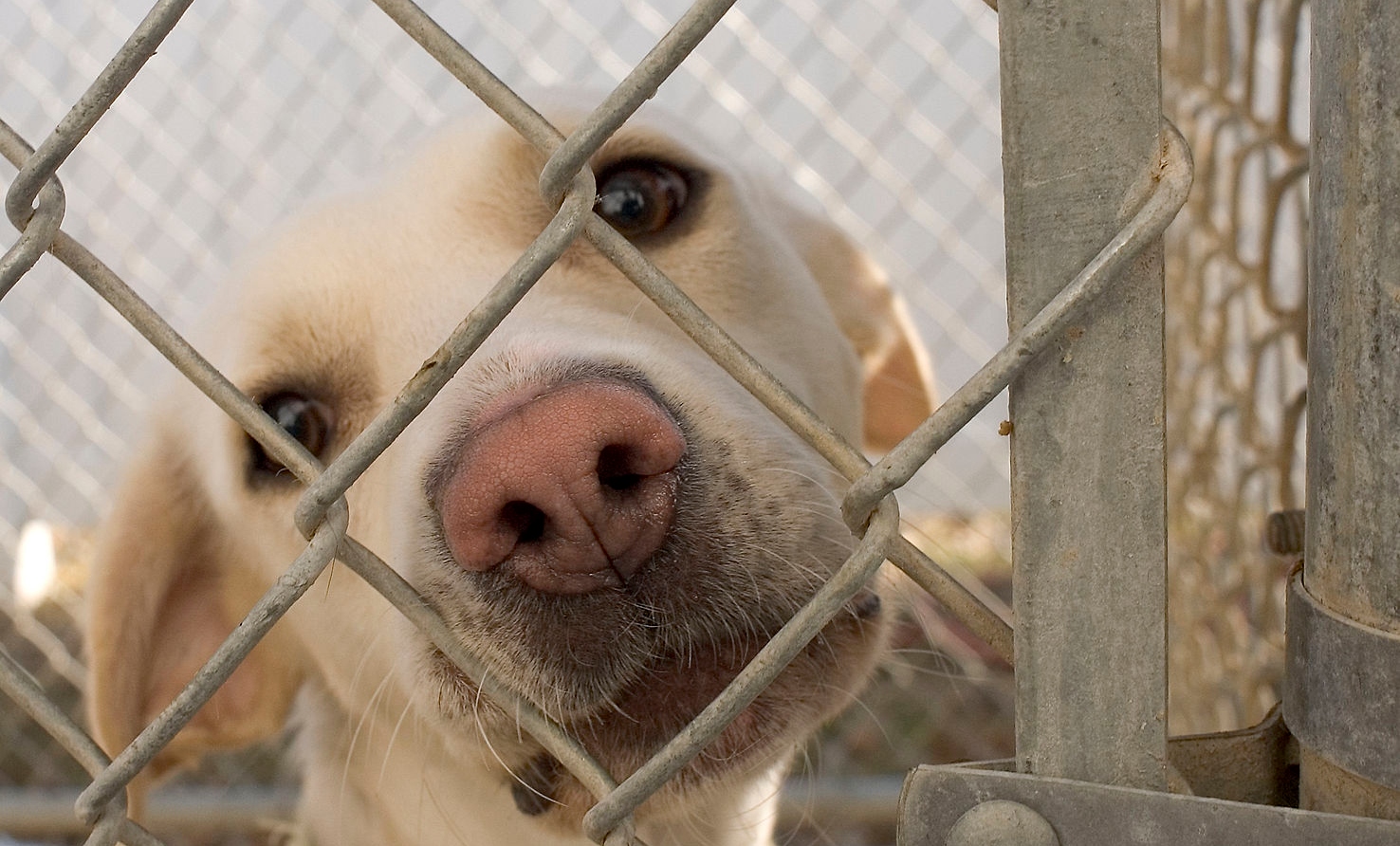
BLM rally a difficult but necessary choice
Opinion by JOSEPH O’DONOGHUE
Concerns over the health risks caused by the Black Lives Matter protests on Saturday 6 June, were valid. After two months of lockdown, we’re finally beginning to see some thaw. Day-to-day life has been inching back towards normal again. A mass gathering that threatens these valuable gains is surely a risk.
However, the organisers of the rally on Saturday had no other choice than to march. The eruption of passion and anger we’re witnessing in America is a once-in-a-lifetime outcry. Change sometimes broods patiently for tsunami-sized moments of zeitgeist like this one. When these moments come along, they have to be capitalised upon.
I’ve helped to organise multiple rallies in Sydney’s CBD over the past few years. Some protests are powerful, while others simply flop. Success hinges on a cocktail of ingredients, such as: how it’s publicised; its single-mindedness; the speakers who attend; media coverage and even the route you choose.
But the single most important determiner of success of any protest, is timing. Even with the capacity to manage some of the ingredients, the right moment often presents itself unpredictably. Unfortunately, in this case, that right moment arrived during a pandemic.
To hold a rally at the height of public outpouring, frustration and debate generates the best chance to create the ripples needed for real change on an issue. Getting the timing right amplifies the voice enough to be heard – and on Saturday, the timing was perfect.
Missing the moment means a difficult wait for the next one to come along. In the case of the First Nation people’s cause, the wait has already been for decades. In fact, that’s all we seem to do on this issue, is wait. Wait for politicians to stop talking and start doing. Everyone is tired of waiting and that showed on Saturday.
Blame deflection
One tactic that politicians of every stripe utilise is ‘blame deflection’. We saw this a lot when fighting the lockout laws. The government’s line was often “if your generation could just behave themselves, there’d be no need for the lockout laws.” By pouring blame on the punter, politicians could avoid blame themselves and take the spotlight off their poorly-constructed policy.
The same tactic has been deployed over the past week. Rather than feeling the mood and actually listening, politicians are again deflecting blame. Rather than acknowledging a need for more urgency, or commencing a dialogue with some realistic next steps – politicians have called us irresponsible and selfish for seizing this moment.
To be clear, for most of us, there’d be no need to protest at all if politicians had been doing their job and improving things. Over the past few decades, if they had been listening to what we’ve been talking about, there’d be little need to start shouting for it. Protest is an act of last resort – a desperate cry for change when we feel we’re not being heard.
Despite the Royal Commission into Aboriginal Deaths in Custody being thirty years ago, the majority of recommendations were never implemented. Despite a quarter-of-a-million Sydneysiders marching in support of reconciliation twenty years ago, Indigenous disadvantage is still rooted deep. Despite promises for a treaty in our constitution, a timeline for delivery has never been presented. None of this is good enough and we continue to be let down.
No one wants to march during a pandemic with a face mask on. None of us wants to risk our own lives, those of our friends we’re marching alongside or the community we’re going back home to. We all want our normal lives back.
But after decades of expensive talk and empty promises, when a moment presents itself that allows us to demand better of our politicians on this issue and actually be heard – it’s our duty to see it and to take it, despite the risks.
Joseph is co-founder of the Keep Sydney Open political party and freelance writer. His blog can found here: josepho.blog









